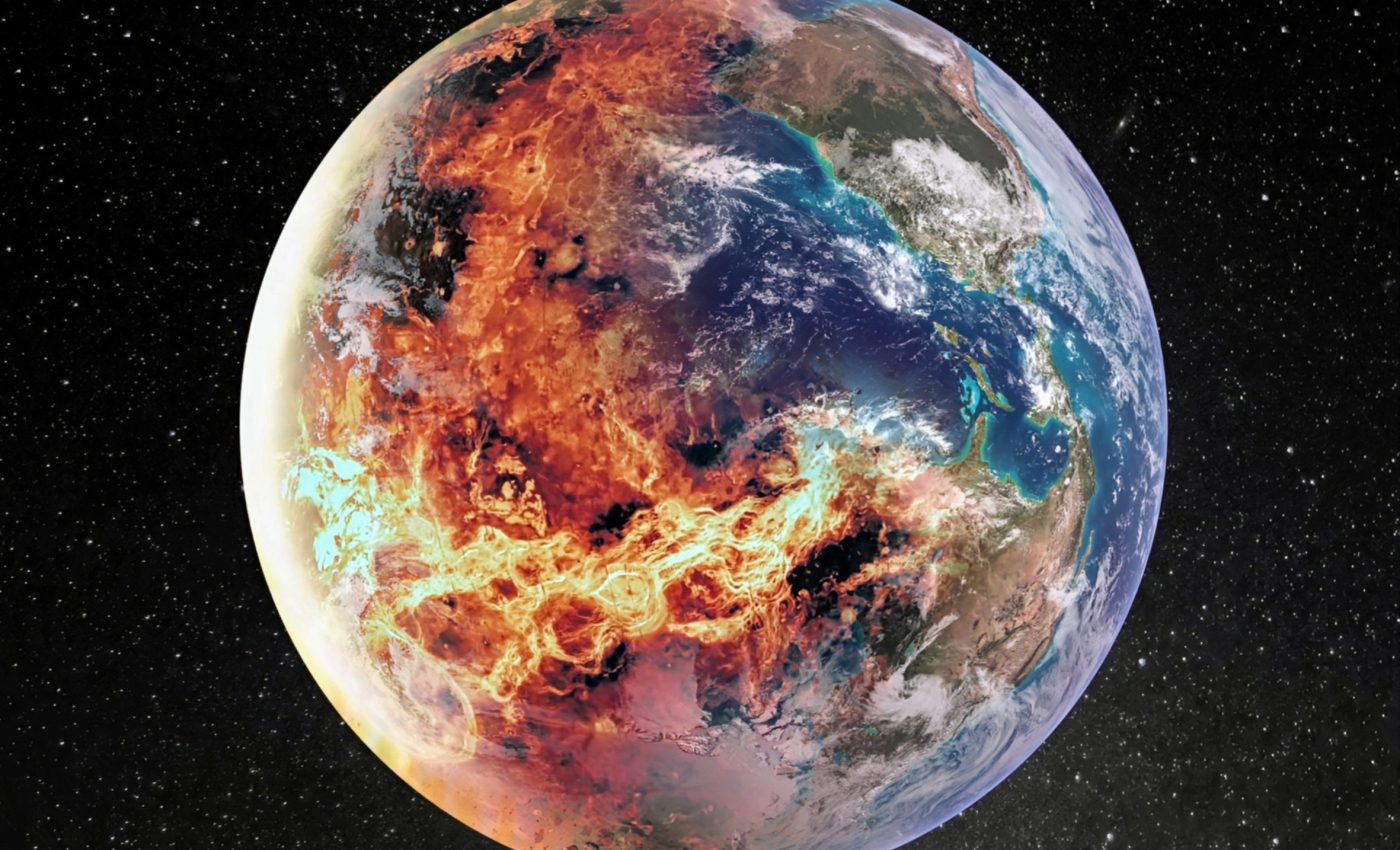
Overshooting climate targets and relying on future solutions is a risky gamble
Picture this: You’re standing on the outskirts of Evia, Greece, your heart pounding as you watch a raging wildfire engulf a once lush forest. This is not an apocalyptic movie scene; it’s our reality in the age of climate change. A new report from leading experts hints at an even harsher reality: we are relying too much on climate solutions that may not even be feasible.
We are now facing the fallout of dangerous climate change as the world continues to warm. And the belief that we can overshoot our global warming targets and then roll back the damage through future technology is nothing short of a risky gamble, according to the experts.
Climate solutions: Science fact or fiction?
This study was carried out by three renowned researchers – Dr. James Dyke from the Global Systems Institute at the University of Exeter, Professor Sir Robert Watson, Emeritus Professor in Environmental Sciences at the University of East Anglia and previous chair of the IPCC and IPBES, and Dr. Wolfgang Knorr of Lund University.
In their report, they warn that the proposed solutions to our climate crisis might be based more on science fiction than science fact.
False promises and surreal pledges
World leaders made a commitment during the 2015 Paris Agreement to limit global warming to 1.5°C above preindustrial levels and “well below” 2 °C. Fast forward to today, and these pledges seem almost “surreal” as we continue to produce fossil fuels and break greenhouse gas emission records.
“Like the proverbial frog in the heating pan of water, we refuse to respond to the climate and ecological crisis with any sense of urgency,” said Dr. Dyke.
Circumventing the best climate solutions
So, what’s the solution? Dr. Dyke spells it out for us: we need to reduce greenhouse gas emissions rapidly from all sectors while boosting energy efficiency.
However, the current policies and pledges seem to be circumventing this straightforward solution. They suggest that we can keep warming the planet, past any amount of climate change, and then use future technology to pull us back from the brink.
This, according to our experts, is a dangerous path that not only annihilates any attempt to limit warming to 1.5°C but also dumps the responsibility of fixing our planet on future generations. It hinges on carbon dioxide removal systems and geoengineering solutions that largely exist only on paper.
“The situation demands honesty, and a change of course,” said Professor Watson. Our policies need to be rooted in real-world science and engineering, focused on present-day actions instead of uncertain future technologies.
Real and hard truth
While the idea of overshooting our targets and then deploying carbon removal technology might sound tempting, there is a huge flaw in this plan – it overlooks the immense suffering that will be endured while we wait for this recovery.
As Dr. Knorr points out, promises of net zero and recovery from overshoots are holding us back. They create a false sense of security that nothing too drastic needs to change right now.
The authors put forth four straightforward suggestions:
- Leave it where it is: It’s time to cease funding new oil and gas projects and prioritize renewable energy sources. By leaving fossil fuels in the ground, we can combat climate change and promote a sustainable future for generations to come.
- Immediate action over future promises: The climate crisis demands immediate action. We cannot promise to balance our carbon budgets decades from now.
- In real science we trust: Our climate change policies need to be rooted in credible science and engineering. We cannot gamble our future on speculative carbon-removal approaches.
- Get real: The ideas of net zero and overshoots should not be used to argue that our energy-intensive society doesn’t need to change.
The truth is difficult to swallow. But acknowledging it could be our first step toward making a real difference.
“Owning up to the failures of climate change policy doesn’t mean giving up. It means accepting the consequences of past failures and not making the same mistakes,” said the researchers. “Rather than hoping future generations can undo the damage, we must act now to protect the planet.”
—–
Like what you read? Subscribe to our newsletter for engaging articles, exclusive content, and the latest updates.
Check us out on EarthSnap, a free app brought to you by Eric Ralls and Earth.com.
—–













